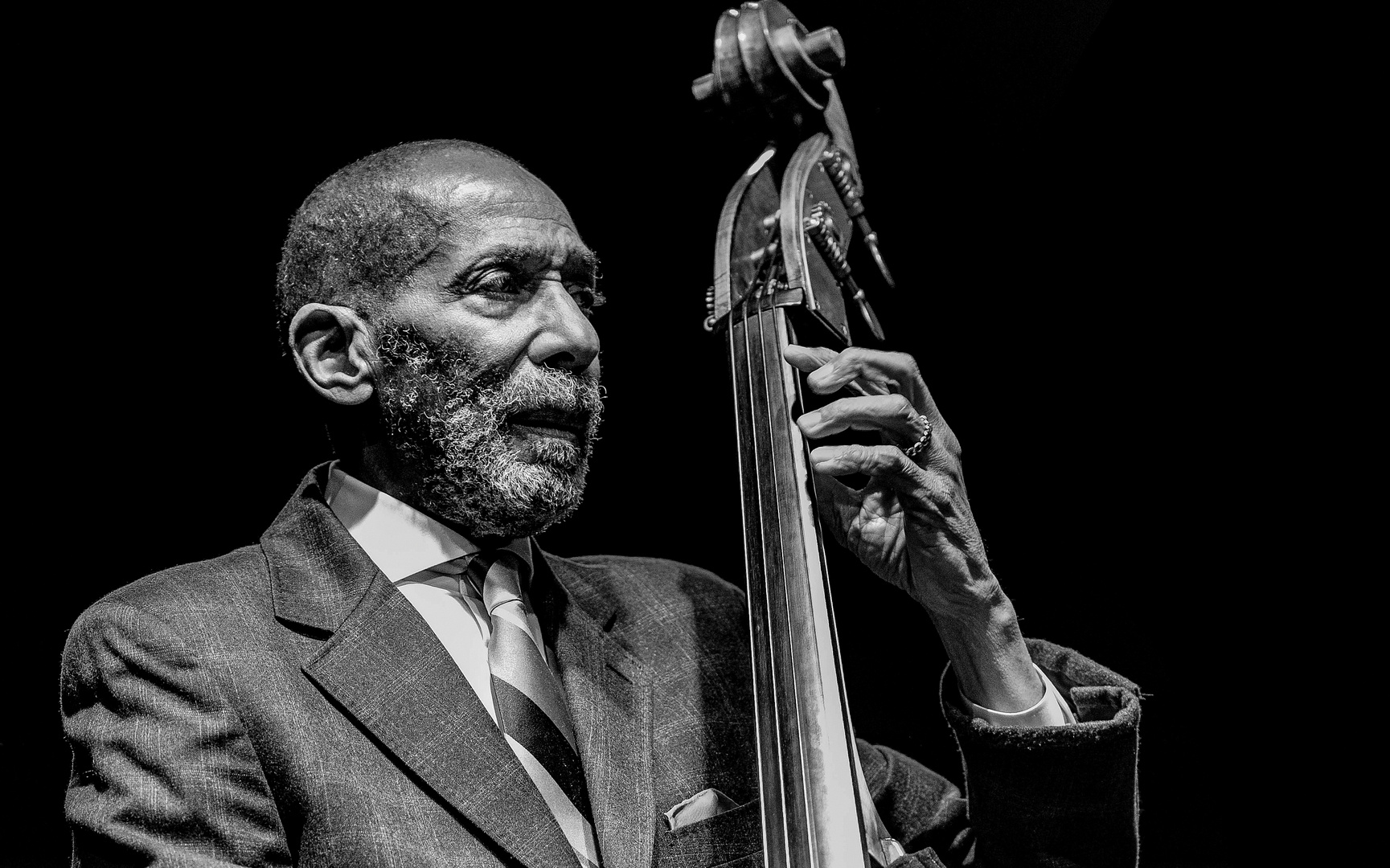 |
| Trumpeter Benny Benack III |
Benny Benack III, a jazz
trumpeter from Pittsburgh, reminds me of the late Chet Baker with his trumpet
and singing style. I don't know if he means to copy Baker, or if he looks up to
him. Benack has played with stars like Christian McBride and Emmet Cohen and released two albums. When I heard Benack sing and blow Saturday
night, I could not stop thinking of Baker during his heyday. However, Benack sings better than Baker did. Benack III performed with his band,
including pianist Tyler Henderson, drummer Charles Goold, and bassist Caleb
Tobocman. They were there to start a new concert series by the Midwest Jazz
Collective, a group of jazz clubs and promoters in the Midwest that organize
tours for leading jazz musicians. Benack III had performed at Blue Llama before
and even recorded a live album there last year, set for release this summer. The
band played standards and originals, starting with "Kiss the Good Life
Goodbye" and then "The Sound of Music." The band sounded best on songs from Benack's
albums “Third Times The Charm,” “One of a Kind,” and “A Lot of Livin’ to Do.”
Benack's singing was soothing, making you wish he would never stop. His
pianist, Tyler Henderson, a Juilliard graduate, played perfectly behind him,
demonstrating how selfless a pianist must be when supporting a singer. During
the 90-minute performance, it was surprising to see that Benack, who has such a
smooth singing voice, could also play the trumpet so powerfully. He showed this, especially on the song “Catching Drift,” which was a twist on “My Favorite
Things.” Here, Goold and Tobocman really carried the heavy parts. Tobocman,
only twenty-two, is already making a name for himself. Throughout the set, he
strolled with his bass rather than walking it. Goold's drumming was powerfully
beautiful, like his peers Nasheet Waits and Brian Blade. At the end of the set,
Benack III invited a singer friend to join him for a restructured take of
“Willow Weep for Me,” ending the show beautifully and marking a great start for
the Midwest Jazz Collective's concert series.


